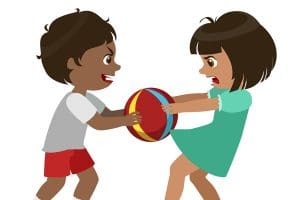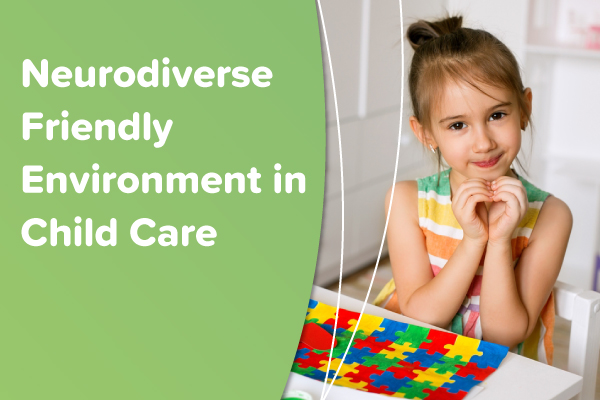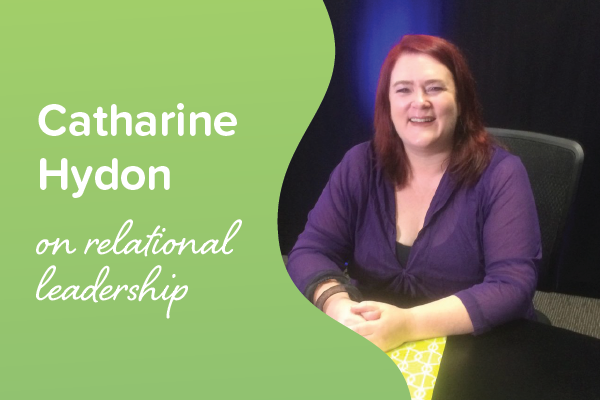
The emotional development of children is complex. While working as a child care professional, you will encounter children with a range of personalities and temperaments. These children will come from many different cultures and upbringings and will exhibit different behaviours. In your role as a carer, you may be able to identify behavioural issues in children who you care for.
Below, you will find a few useful ways on how to differentiate between children who are testing normal boundaries and those who may be experiencing temper and behavioural issues.
Significant changes in behaviour
If a child exhibits significant changes from their regular behaviour or temper, then this may be a sign that they are having behavioural or temper issues. For example, if a child in your centre is usually very mild and quiet, and suddenly begins to have daily tantrums, this may be a sign that they are having issues.
Poor play with other children
The manner in which children interact with and play with other children is a key way to determine whether a child’s emotional development is in line with other children their age. Some children do prefer to play on their own and the fact that a child prefers this does not always mean that the child is having behavioural issues.
Repeated defiance and refusal to follow instructions
Some children struggle to deal with their feelings and frustrations, particularly if they are having difficulty communicating how they feel. When a child repeatedly refuses to follow instructions, this may be a sign that they are developing some issues.
Behaviour that is inconsistent with other children their age
While all children develop at different rates, as a child care provider you will find that there is a general expected pace at which most children develop. Comparing the behaviours of children of similar ages is a good way to pinpoint whether a child may be having issues with their behaviour and emotional development.
Of course, every child is unique and they will go through many different phases, but always communicate any concerns or observations with families.
Do you know a child experiencing ADHD or you suspect they are affected by it? Check out our blog here about ‘What is ADHD and how to recognise it in children‘.



